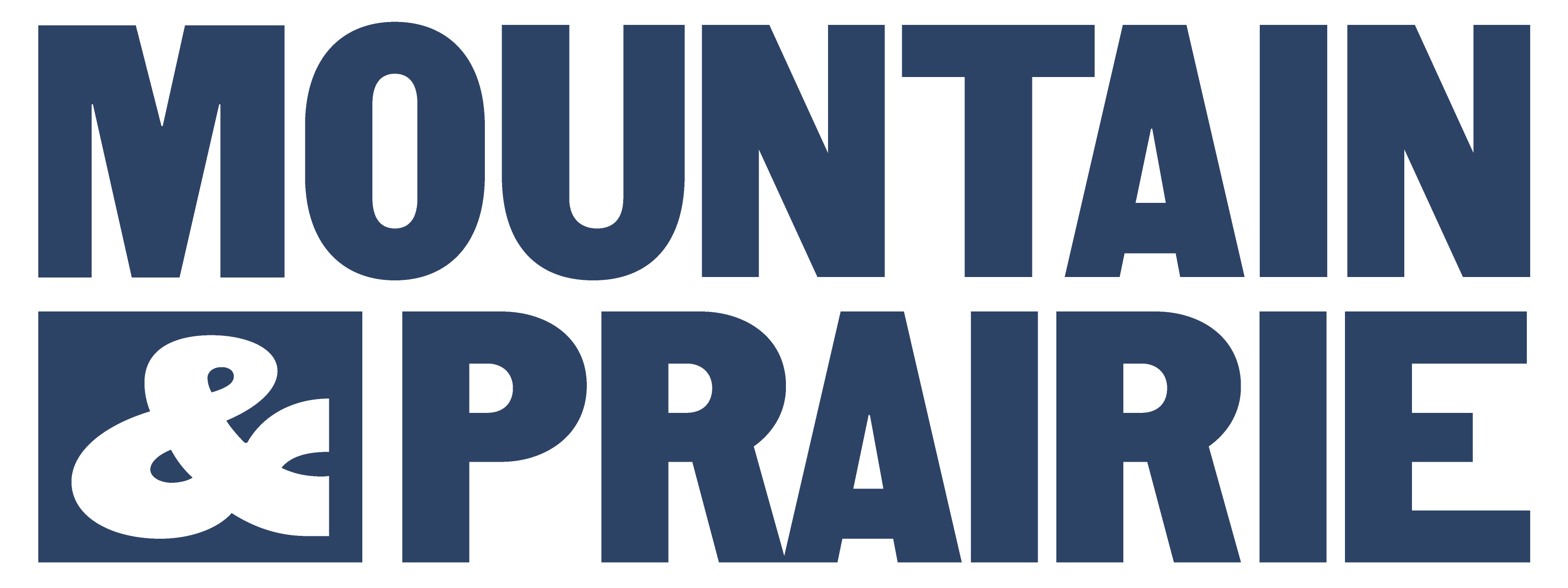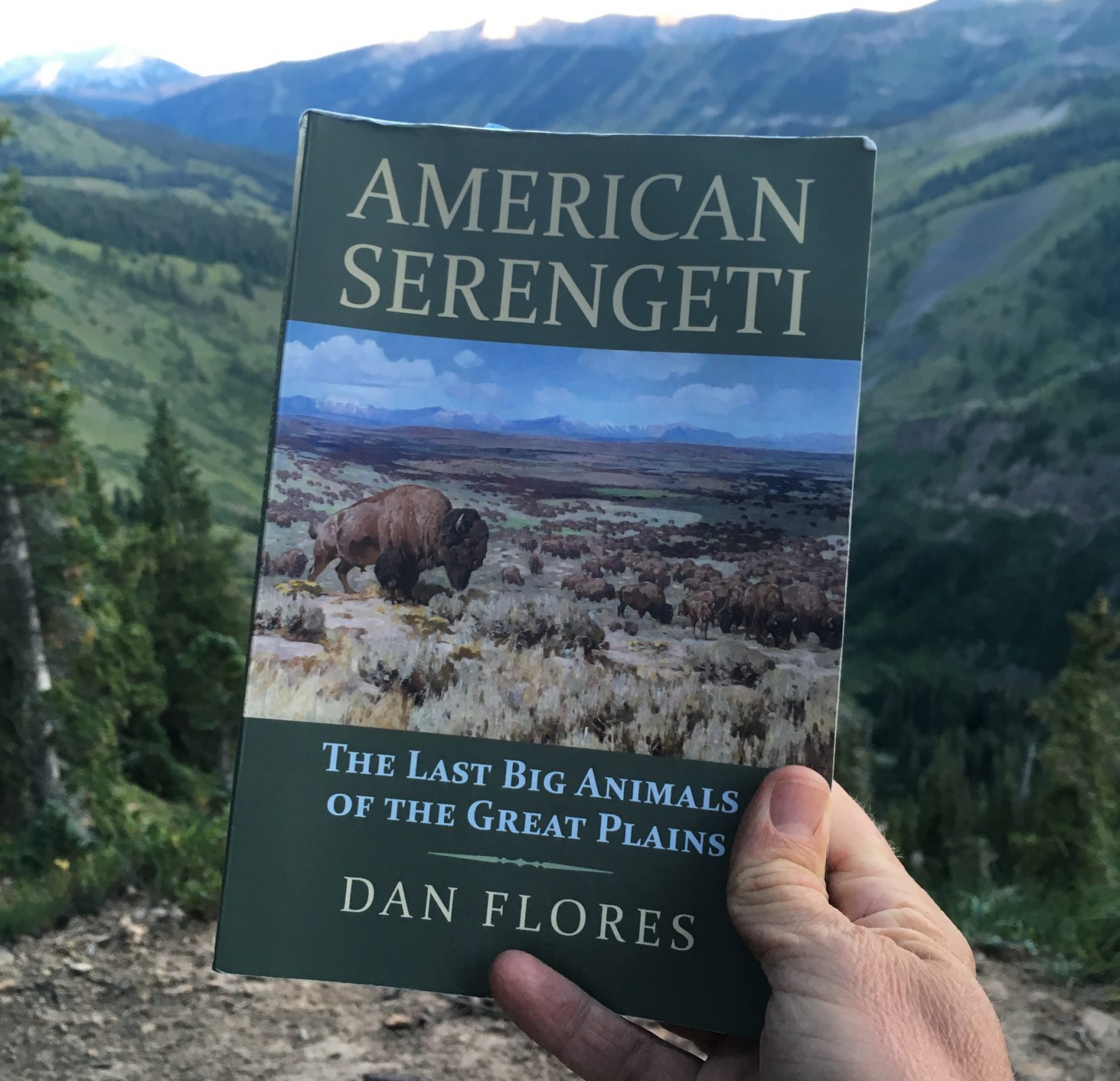“How Do You Read So Many Books?”
That’s a question I get all the time, but the reality is I don’t think I read all that much. Even when he was president, Theodore Roosevelt read a book a day. Author Ryan Holiday plows through more books in one month than I do in four. So if I can read 40 books in a year, I consider that a relatively good effort.
There’s no secret “hack,” and no, I don’t speed read. But if I can force myself to follow the guidelines below, I’m able to enjoy a respectable number of books each year.
- Stash Books Everywhere – Wherever I am, I keep books within reach. One in my truck, one in my work bag, a pile on my bedside table, several around the house. That way, if I have a free moment, there’s no excuse for not reading a few pages here and there. Over time, those few pages add up to several books per year.
- Shun the Phone – This is the crux. No matter how interesting my stack of need-to-read books is, the distraction machine in my pocket is much more enticing to my monkey mind. Deleting social media apps, switching the phone on grayscale, installing apps such as Forest or Moment, or just turning the damn thing off helps. Truthfully, using my phone responsibly without falling prey to electronic attention theft is one of my biggest challenges, both for reading and life in general.
- No Brain Numbing – I avoid booze and Colorado’s finest flora, which theoretically allows me to be alert right up until I fall asleep and not abnormally groggy in the morning. Both are opportune times of day to read in uninterrupted stretches.
- Zen for Non-Hippies – Since 2012 I’ve tried my best to meditate daily for a minimum of 20 minutes. As I’ve racked up hundreds of hours “on the cushion” (or in my case, in a plain-old chair), my capacity to concentrate has significantly increased. Even more telling, when I fall off the meditation wagon for more than a few days, I notice my ability and desire to read suffer greatly.
- Kill the Idiot Box – My wife and I cut the cable cord years ago and just recently built bookshelves in our living room, which relegated the TV to a dark corner of the basement. Similar to the iPhone, most of the time I find TV a distraction that adds little long-term value to my life. When we want to watch a movie or game, we do so on our laptop via Hulu, Amazon, or Netflix. (I recently binged on a full season of Stranger Things when I was sick. So good.)
- Hair-Trigger Eject Button – If I find myself getting bogged down or not enjoying a book, I immediately quit reading it and move on to the next one. I did enough plodding through boring bullshit in college, so I’d rather not do that in my free time as an adult. But just because I eject a book doesn’t mean I’m done with it for good—some of my favorite books are ones that I once found boring, then rediscovered with great interest years later.
- Envision Mañana – Whether it’s reading, exercise, or cold showers, my first instinct is usually “Nah, I’ll do that later. I need to check my email.” But if I can momentarily pause and ask myself “Tomorrow, what will I wish I had done right now?,” the answer is almost always run/crank the water to cold/pick up the book. It’s simple, but far from easy. The more I focus on guideline #4, the easier this seems to be.
I obviously love reading, and my life has improved significantly thanks to the knowledge gained from books. But checking books off a list is not my end goal. The ultimate goals are to use my time wisely, set a good example for my family, and be content with myself—the ability to concentrate and read is simply a result of making progress toward those larger goals.
When reading consistently, I’m being proactive and not wasting time. When my reading trails off, it’s usually a sign that there is a larger problem at hand (e.g. too much time playing on the stupid iPhone.) To use a worn-out cliche, reading is the ol’ canary in the coal mine.
With the exception of #1 and #6, these guidelines apply to a whole host of other high-priority life activities—work, running, getting up early, or things that really matter like spending quality, non-distracted time with my family.
Speaking of books, here are a few that have shaped my thinking on shunning distraction, the importance of focus, setting priorities, and the resulting ability to read a lot.
- Deep Work by Cal Newport
- The War of Art by Steven Pressfield
- Turning Pro by Steven Pressfield
- On the Shortness of Life by Seneca
- The Daily Stoic by Ryan Holiday
- 10% Happier by Dan Harris
- The Craving Mind by Judson Brewer
- Social Media is Bullshit by BJ Mendelson
- The Theodore Roosevelt Trilogy by Edmund Morris
- Tribe by Sebastian Junger
- What Doesn’t Kill Us by Scott Carney
- How to Break Up With Your Phone by by Catherine Price







